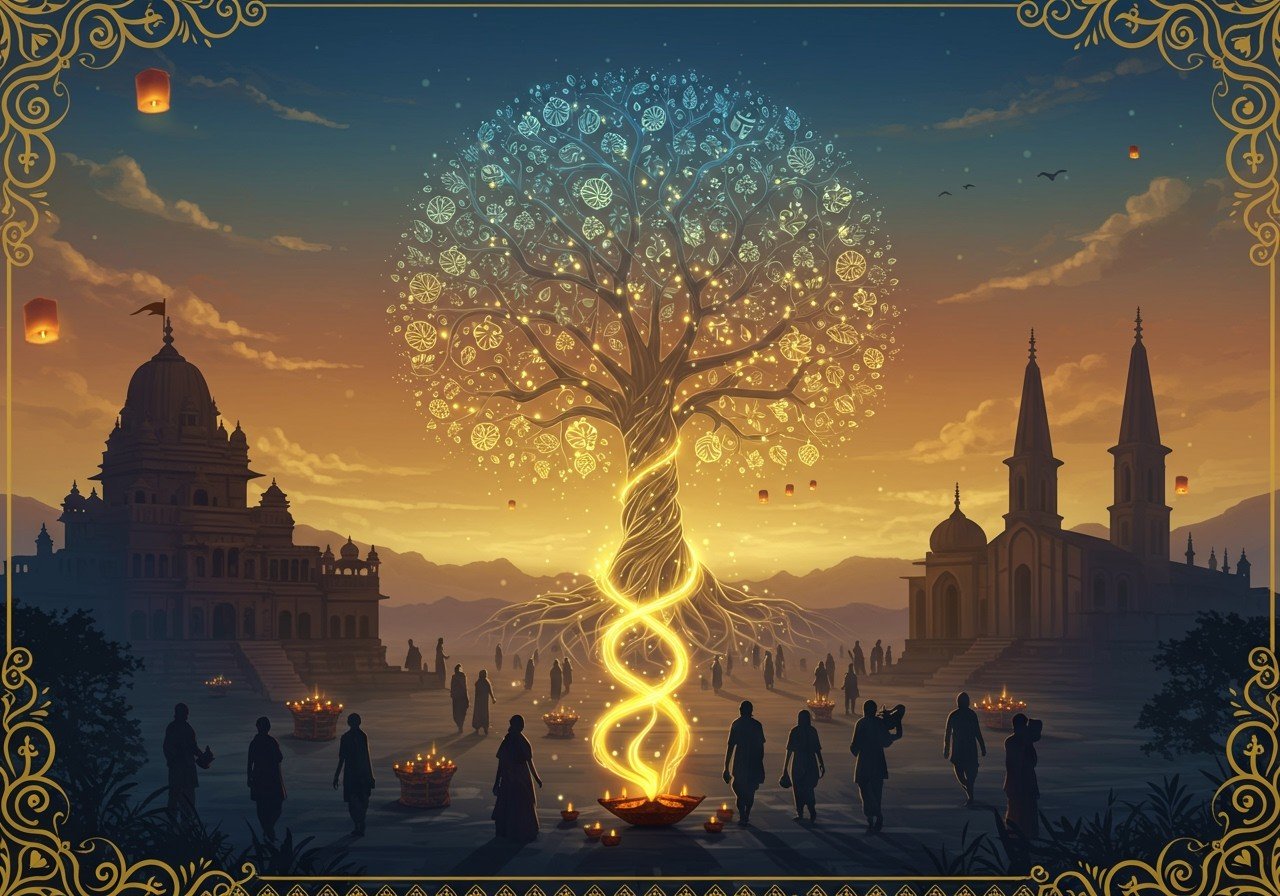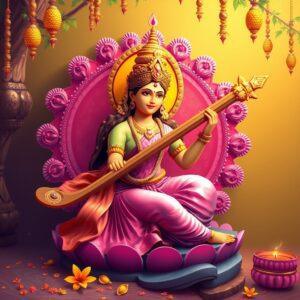
Religious conversions in India have been a subject of discussion and debate throughout history. This blog post offers a detailed explanation of various aspects of religious conversions in India, including legal procedures, historical context, societal impacts, and cultural implications. By understanding these facets, we can gain a deeper appreciation for the complexities of religious life in India.
Historical Overview of Religious Conversions in India
India’s religious landscape has been shaped by centuries of invasions, migrations, and internal movements. The arrival of Islam during the Mughal era and the spread of Christianity under British rule significantly influenced religious demographics. Indigenous movements like the Bhakti movement, with its emphasis on personal devotion, also played a crucial role in shaping religious beliefs and practices. Social reformers like Swami Vivekananda and Dr. B.R. Ambedkar further contributed to the evolving religious landscape.
Legal Framework Governing Religious Conversions
Articles 25-28 of the Indian Constitution guarantee the fundamental right to freedom of religion, including the right to practice, profess, and propagate any religion. However, this right is not absolute. In recent times, several states have enacted “freedom of religion” laws, commonly referred to as anti-conversion laws, aimed at curbing what they deem as illegal or forced conversions. These laws often require individuals to notify the government of their intent to convert and provide reasons for the change, creating a complex interplay between religious freedom and state regulation. Additionally, Sections 295A and 298 of the Indian Penal Code criminalize forced conversions, highlighting the legal protection against coercion in matters of faith. Initiatives like the Ghar Wapsi program, run by Hindu nationalist organizations, seek to reconvert individuals to Hinduism or Sikhism, adding another layer to the ongoing discourse on religious conversions in India.
The Conversion Process in India
Converting to a different religion in India typically involves a formal legal process. This often includes submitting a sworn affidavit to the authorities declaring the change of faith and publishing a notification in a local newspaper. Religious institutions may also have their own specific ceremonies and requirements for recognizing the conversion. However, individuals undergoing conversion may face various challenges, ranging from social ostracism and family pressures to bureaucratic hurdles in updating official documents.
Motivations Behind Religious Conversions
The reasons behind religious conversions are diverse and complex. Personal convictions, spiritual seeking, and a desire for a deeper connection with the divine can motivate individuals to embrace a new faith. Social factors such as marriage and community acceptance also play a significant role. Economic considerations, including access to resources and social services linked to specific religious communities, can also influence conversion decisions. Furthermore, active proselytization efforts by various religious groups contribute to the ongoing changes in religious affiliations.
Impact of Conversions on Individuals and Society
Religious conversions have far-reaching implications for both individuals and communities. Changing one’s religion can lead to shifts in personal identity, social relationships, and cultural practices. While some individuals experience a sense of belonging and spiritual fulfillment, others may face social alienation and familial discord. Conversions can also have economic consequences, affecting access to employment, education, and social welfare programs. Understanding these diverse impacts is crucial for fostering tolerance and inclusivity within a pluralistic society.
Current Trends and Statistics
Analyzing current trends in religious conversions provides insights into the evolving religious landscape. While comprehensive nationwide data on conversion rates remains limited, regional variations and specific community trends offer valuable information. The increasing use of digital platforms and social media for religious outreach and conversion activities further complicates the picture, making it essential to consider the role of technology in shaping religious beliefs and practices.
Poojn.in: Supporting Your Spiritual Journey
Poojn.in, India’s leading online store for spiritual and religious products, offers a wide range of resources to support individuals exploring or undergoing religious conversions. We understand the importance of having access to authentic and high-quality products for religious ceremonies and practices. Our offerings include:
- Sacred Malas and Beads: Explore our diverse collection of malas crafted from various materials, including Tulsi, Rudraksha, and sandalwood, to enhance your prayer and meditation practice. These malas are available in different sizes and styles to suit your individual preferences.
- Incense and Dhoop: Create a sacred atmosphere with our selection of incense sticks and dhoop cones, available in various fragrances. These aromatic offerings can enhance your spiritual practices and create a serene environment.
- Religious Texts and Scriptures: Deepen your understanding of different faiths with our collection of religious texts and scriptures. We offer a wide range of books on various religions and spiritual traditions.
- Spiritual Guidance Resources: For those seeking guidance on their spiritual path, we offer a curated selection of books, articles, and other resources on various spiritual practices and traditions. Explore our blog for insightful articles and connect with our knowledgeable team for personalized recommendations.
Conclusion
Religious conversions in India are a multifaceted phenomenon interwoven with historical, legal, social, and personal factors. Understanding these complexities is essential for promoting respectful dialogue and fostering a society that values religious diversity. By acknowledging the individual’s right to choose their faith while upholding legal safeguards against coercion, we can contribute to a more inclusive and harmonious society.


